Home>Health & Lifestyle>Air Quality & Filtration>What Happens If You Spray Air Freshener In Your Mouth
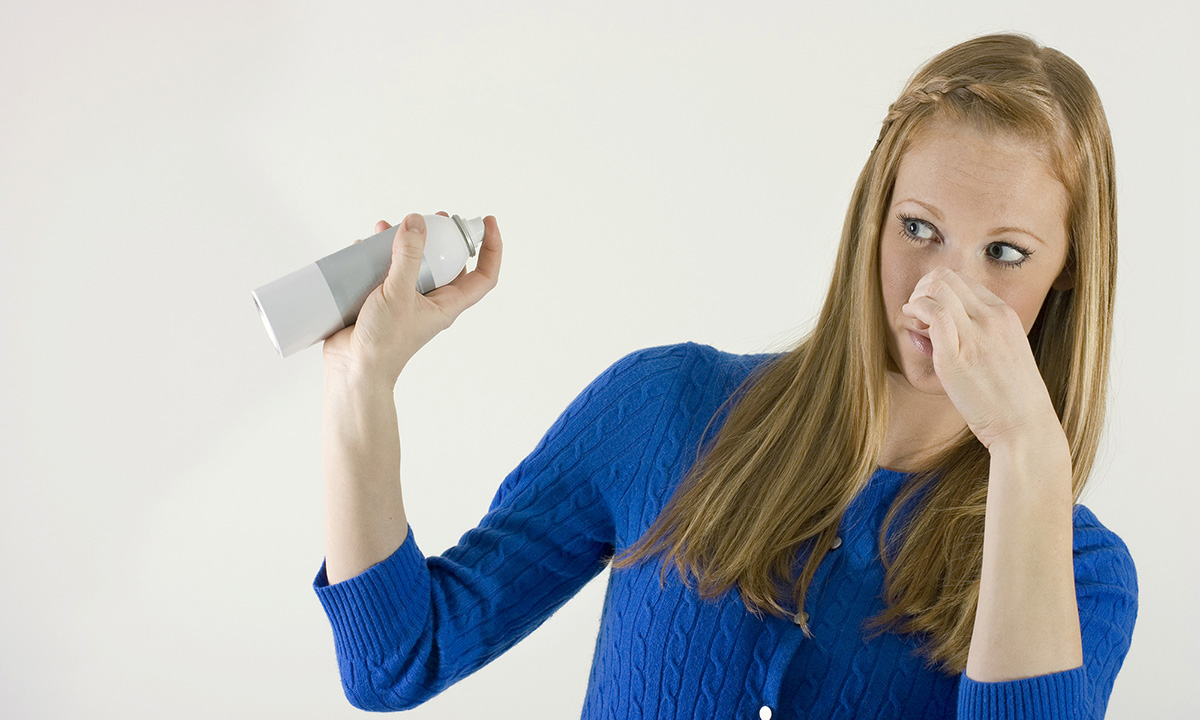

Air Quality & Filtration
What Happens If You Spray Air Freshener In Your Mouth
Published: December 18, 2023
Curious about the effects of spraying air freshener in your mouth? Discover the truth and learn how to prioritize air quality and filtration for a healthier environment.
(Many of the links in this article redirect to a specific reviewed product. Your purchase of these products through affiliate links helps to generate commission for Storables.com, at no extra cost. Learn more)
Introduction
Air fresheners are commonly used to eliminate odors and create a pleasant indoor environment. These products come in various forms, including sprays, plug-ins, and scented candles. While most people use air fresheners as intended, there are instances where accidents can happen, such as mistakenly spraying air freshener in the mouth. In this article, we will explore the potential health risks of ingesting air fresheners and the effects they can have on your body.
Accidentally spraying air freshener in your mouth is a situation that may occur due to various reasons. It could be accidental ingestion or a result of misusing the product. Regardless of the reason, it is important to understand the potential risks associated with ingesting air freshener and take appropriate action.
It is crucial to acknowledge that air fresheners are designed for external use only and should never be ingested. These products contain chemical ingredients that are intended to be dispersed as a mist or fragrance in the air, not ingested into the body. Ingesting air fresheners can lead to a range of immediate and long-term health effects, depending on the specific chemicals involved.
Next, we will delve into the chemical ingredients commonly found in air fresheners and how they can impact your health.
Key Takeaways:
- Accidental ingestion of air freshener can lead to immediate and long-term health risks, including digestive and respiratory issues, allergic reactions, and potential carcinogenic effects.
- In case of accidental ingestion, stay calm, rinse the mouth, and seek immediate medical attention. Prevent ingestion by storing air fresheners out of reach and prioritizing natural air quality enhancement methods.
Potential Health Risks
Ingesting air fresheners can pose potential health risks due to the chemical ingredients they contain. These chemicals are typically not intended for consumption and can have adverse effects on the body when ingested.
One of the primary concerns is the potential for toxic effects on the digestive system. Certain chemicals found in air fresheners, such as formaldehyde, phthalates, and benzene, can cause irritation, inflammation, and damage to the mucous membranes and tissues in the digestive tract. Ingesting these chemicals can lead to symptoms like nausea, vomiting, abdominal pain, and diarrhea.
Another risk of ingesting air fresheners is their potential impact on the respiratory system. When these products are sprayed or vaporized, they release airborne particles that can irritate the lungs and respiratory passages. When ingested, these particles can enter the respiratory system through the esophagus and cause respiratory distress, coughing, wheezing, and difficulty breathing.
Furthermore, some air fresheners contain volatile organic compounds (VOCs) that are known to contribute to indoor air pollution. These compounds can be harmful when inhaled or ingested, and they can linger in the body for an extended period. Prolonged exposure to VOCs has been linked to respiratory disorders, allergic reactions, and even long-term health conditions, such as asthma and cancer.
Additionally, the fragrance ingredients used in air fresheners can be problematic. Many fragrances are a blend of chemicals, some of which may be allergenic or irritants. Ingesting these fragrance ingredients can trigger allergic reactions, such as skin rashes, itching, and swelling.
It’s important to note that the severity of the health risks can vary depending on the specific product and the individual’s sensitivity or medical condition. However, it is always best to avoid ingesting air fresheners to prevent any potential harm to your health.
Now, let’s explore the chemical ingredients commonly found in air fresheners and their effects on the body.
Chemical Ingredients in Air Fresheners
Air fresheners contain a variety of chemical ingredients that contribute to their pleasant aroma and ability to eliminate odors. While the specific ingredients may differ between brands and types of air fresheners, there are some common chemicals found in these products.
One of the main components in many air fresheners is formaldehyde, a colorless gas with a strong odor. Formaldehyde is used as a preservative and a disinfectant, but it can also be harmful when inhaled or ingested. Exposure to formaldehyde has been linked to respiratory irritation, allergic reactions, and even an increased risk of certain cancers.
Another chemical commonly found in air fresheners is phthalates. Phthalates are a group of chemicals used to make plastics more flexible and as fragrance carriers in many consumer products. However, they have been associated with various health problems, including hormone disruption, reproductive issues, and developmental abnormalities.
Some air fresheners also contain benzene, a volatile organic compound (VOC) that has been classified as a known human carcinogen by the International Agency for Research on Cancer (IARC). Benzene is released into the air when air fresheners are sprayed or when the fragrance is emitted. Prolonged exposure to benzene has been linked to an increased risk of leukemia and other blood-related cancers.
Fragrance ingredients are an essential part of air fresheners as they create the desired scent. However, the term “fragrance” on product labels can encompass a wide range of undisclosed chemicals. Many fragrances contain synthetic compounds that can cause skin and respiratory irritation, allergic reactions, and other health issues.
In addition to these specific ingredients, air fresheners may also contain other chemicals such as aerosol propellants, solvents, and antimicrobial agents. These chemicals can contribute to the overall toxicity of the product when ingested.
It’s important to note that the specific ingredients and their concentrations can vary between different air freshener brands and types. Reading product labels and being aware of potential harmful chemicals can help you make informed choices and reduce exposure to potentially harmful substances.
Now that we have explored the chemical ingredients commonly found in air fresheners, let’s discuss the immediate effects of ingesting these substances.
Immediate Effects of Ingesting Air Freshener
Ingesting air fresheners can have immediate effects on your health, especially due to the potentially toxic chemicals they contain. The exact symptoms may vary depending on the specific ingredients and individual factors, but there are some common immediate effects to be aware of.
One of the most immediate and noticeable effects of ingesting air freshener is irritation and inflammation of the digestive system. The chemicals present in air fresheners can cause irritation and damage to the lining of the stomach, esophagus, and intestines. This can lead to symptoms such as nausea, vomiting, abdominal pain, and diarrhea.
Some individuals may also experience allergic reactions upon ingesting air fresheners. Allergies can manifest in various ways, including skin rashes, hives, itching, and swelling of the lips, tongue, and throat. These allergic reactions can be a result of certain fragrance ingredients or other chemical components present in the air freshener.
Inhalation of airborne particles from the air freshener, which can occur when ingested, can cause immediate respiratory distress. This can include symptoms such as coughing, wheezing, chest tightness, and shortness of breath. Individuals with pre-existing respiratory conditions, such as asthma or chronic obstructive pulmonary disease (COPD), may be particularly susceptible to these effects.
Furthermore, some individuals may experience dizziness, lightheadedness, and headaches after ingesting air freshener. These symptoms can arise from the inhalation of volatile organic compounds (VOCs) present in the product. VOCs are known to contribute to indoor air pollution and can have immediate effects on the central nervous system.
The severity of these immediate effects can vary, depending on factors such as the amount of air freshener ingested, the specific chemicals involved, and an individual’s sensitivity or medical condition. Further medical complications can arise if ingesting a significant amount of air freshener, especially in young children or individuals with compromised health.
If you or someone you know accidentally ingests air freshener, it is important to take immediate action and seek medical help. Even if symptoms seem mild, it is best to consult a healthcare professional to assess the situation and determine the appropriate treatment.
Now that we have explored the immediate effects of ingesting air freshener, let’s discuss the potential long-term effects of this ingestion.
Do not spray air freshener in your mouth. Inhaling or ingesting air freshener can be harmful and may cause irritation, respiratory issues, or even poisoning. If accidentally ingested, seek medical help immediately.
Long-term Effects of Ingesting Air Freshener
Ingesting air freshener can have long-term effects on your health, especially if exposure to the chemicals in the product is prolonged or frequent. The specific long-term effects may vary depending on the ingredients involved, the duration of exposure, and individual factors. Here are some potential long-term consequences of ingesting air fresheners.
One of the primary concerns is the potential for damage to the digestive system. Ingesting air fresheners that contain harsh chemicals, such as formaldehyde and phthalates, on a regular basis can lead to chronic inflammation and irritation of the digestive tract. Over time, this can contribute to the development of digestive disorders, such as gastritis, ulcers, and even gastrointestinal cancers.
Prolonged exposure to the chemicals found in air fresheners, particularly volatile organic compounds (VOCs), can have detrimental effects on the respiratory system. Continuous inhalation or ingestion of these compounds can lead to chronic respiratory issues, such as asthma, bronchitis, and even irreversible lung damage. Individuals with pre-existing respiratory conditions may be at a higher risk of experiencing these long-term effects.
Furthermore, some of the chemicals present in air fresheners, such as benzene and certain fragrance ingredients, have been linked to an increased risk of cancers. Benzene, a known human carcinogen, can accumulate in the body over time and potentially contribute to the development of leukemia and other blood-related cancers. Fragrance ingredients, especially those classified as allergenic or irritants, may also have carcinogenic properties when ingested regularly.
Exposure to air fresheners containing phthalates has been associated with hormone disruption and reproductive issues. These chemicals can interfere with the normal functioning of the endocrine system, potentially leading to fertility problems, developmental abnormalities in infants, and hormonal imbalances in both males and females.
It is important to note that these long-term effects are more likely to occur with frequent or prolonged exposure to air fresheners, rather than isolated incidents of accidental ingestion. However, the cumulative impact of ingesting small amounts over time could still pose a risk to your health.
If you have been regularly ingesting air freshener or suspect that you may have long-term complications from previous ingestion, it is crucial to consult with a healthcare professional. They can evaluate your specific situation, assess any symptoms or risks, and provide appropriate guidance and treatment options.
Now that we have discussed the potential long-term effects of ingesting air freshener, let’s explore the emergency steps you should take if you or someone you know accidentally ingests air freshener.
Emergency Steps If You Ingest Air Freshener
If you or someone you know accidentally ingests air freshener, it is important to take immediate action to minimize potential harm. Here are the emergency steps you should follow:
- 1. Stay Calm: It is essential to remain calm and not panic. Panicking can make the situation more challenging to handle and may hinder your ability to take appropriate action.
- 2. Rinse the Mouth: If the air freshener was sprayed directly into the mouth, rinse the mouth thoroughly with water. This will help dilute any chemicals that may have been ingested and reduce their contact with the mucous membranes in the mouth, throat, and digestive system.
- 3. Do Not Induce Vomiting: While it may be tempting to induce vomiting, especially if you think it will help remove the ingested air freshener, it is not recommended. Ingesting certain chemicals can cause further damage if they come into contact with the esophagus or if vomiting causes aspiration into the lungs.
- 4. Seek Medical Attention: It is important to seek immediate medical attention after ingesting air freshener, especially if you experience severe symptoms or if a child ingests the product. Contact your local poison control center or go to the nearest emergency room for guidance and assistance.
- 5. Provide Information: When seeking medical help, provide as much information as possible, including the brand and type of air freshener ingested, the amount consumed, and the time of ingestion. This information will assist healthcare professionals in determining the best course of action.
- 6. Follow Medical Advice: Once you have sought medical attention, follow the guidance and advice provided by healthcare professionals. They may conduct a thorough evaluation, monitor your symptoms, administer appropriate treatments, and provide recommendations for further care or observation.
Remember, it is crucial to act swiftly in the event of accidental ingestion, as prompt medical attention can help mitigate any potential complications.
Lastly, to prevent accidental ingestion, it is important to store air fresheners out of the reach of children and use them according to the manufacturer’s instructions.
Now that we have covered the emergency steps, let’s conclude our discussion on the potential risks of ingesting air freshener.
Conclusion
Ingesting air freshener is a situation that should be taken seriously, as it can pose potential health risks. The chemical ingredients commonly found in air fresheners, such as formaldehyde, phthalates, and benzene, can have harmful effects on the body when ingested. Immediate effects may include irritation of the digestive system, respiratory distress, allergic reactions, and headaches.
Long-term effects of ingesting air fresheners can be more severe and include chronic inflammation of the digestive system, respiratory issues, increased risk of certain cancers, and hormone disruption. These risks are more likely to occur with frequent or prolonged exposure to air fresheners, rather than isolated incidents of accidental ingestion.
If accidental ingestion occurs, it is important to stay calm, rinse the mouth with water, and seek immediate medical attention. Inducing vomiting is not recommended, and medical professionals will be able to assess the situation and provide appropriate guidance and treatment.
Preventing accidental ingestion is crucial, especially for households with children. It is essential to store air fresheners out of reach and use them according to the manufacturer’s instructions. This will help reduce the risk of ingestion and potential harm to individuals.
Ultimately, it is best to avoid ingesting air fresheners altogether. These products are designed for external use only and should never be intentionally ingested. If you have concerns about the quality of your indoor air or want to enhance the air quality in your home, consider using natural methods such as opening windows, using houseplants, or investing in an air purifier specifically designed to remove pollutants and improve air quality.
Always prioritize your health and well-being. If you accidentally ingest air freshener or have any concerns, consult with a healthcare professional for appropriate guidance and support.
By being aware of the potential risks and taking necessary precautions, you can create a safe and healthy indoor environment for yourself and your loved ones.
Frequently Asked Questions about What Happens If You Spray Air Freshener In Your Mouth
Was this page helpful?
At Storables.com, we guarantee accurate and reliable information. Our content, validated by Expert Board Contributors, is crafted following stringent Editorial Policies. We're committed to providing you with well-researched, expert-backed insights for all your informational needs.

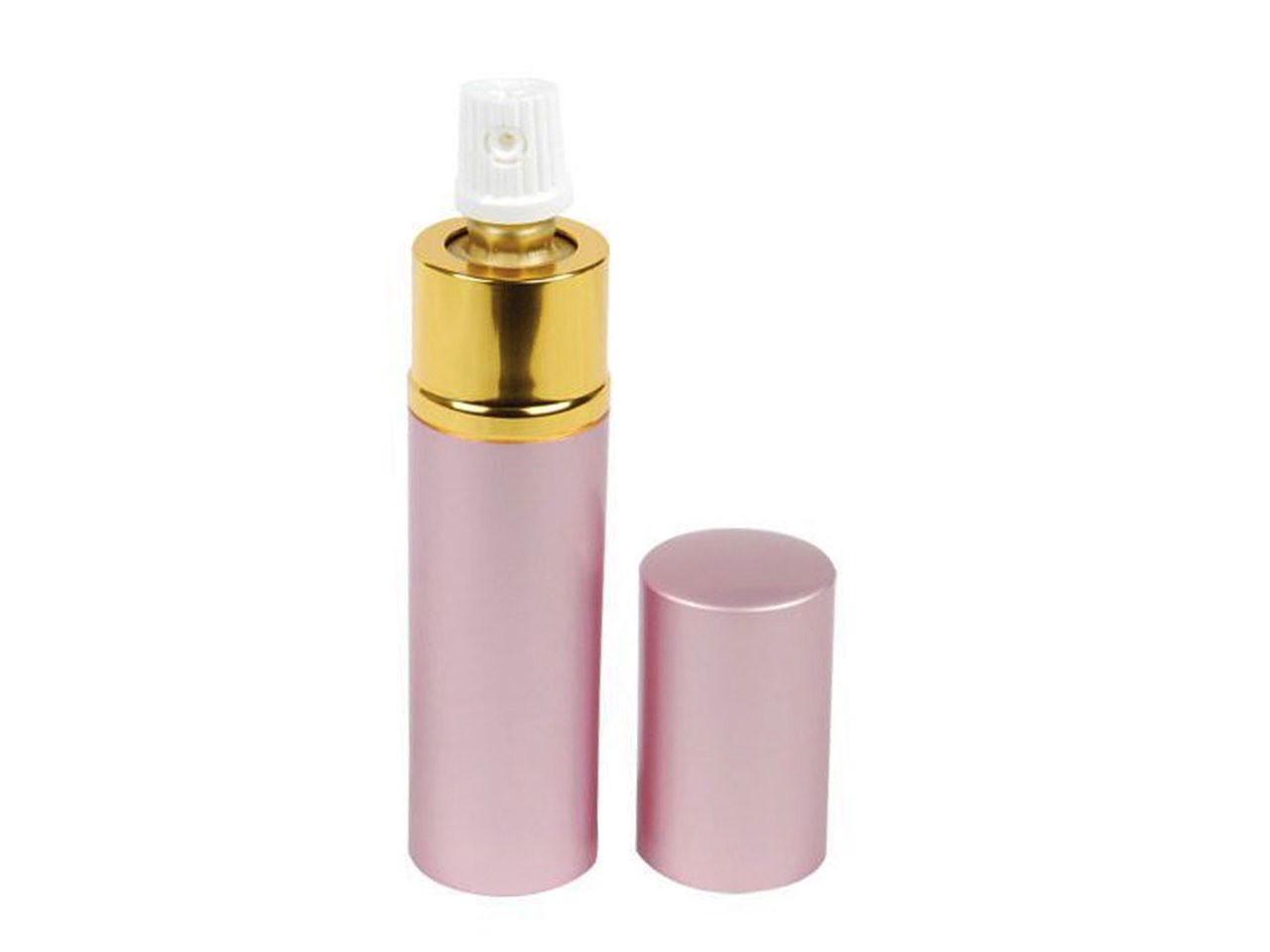


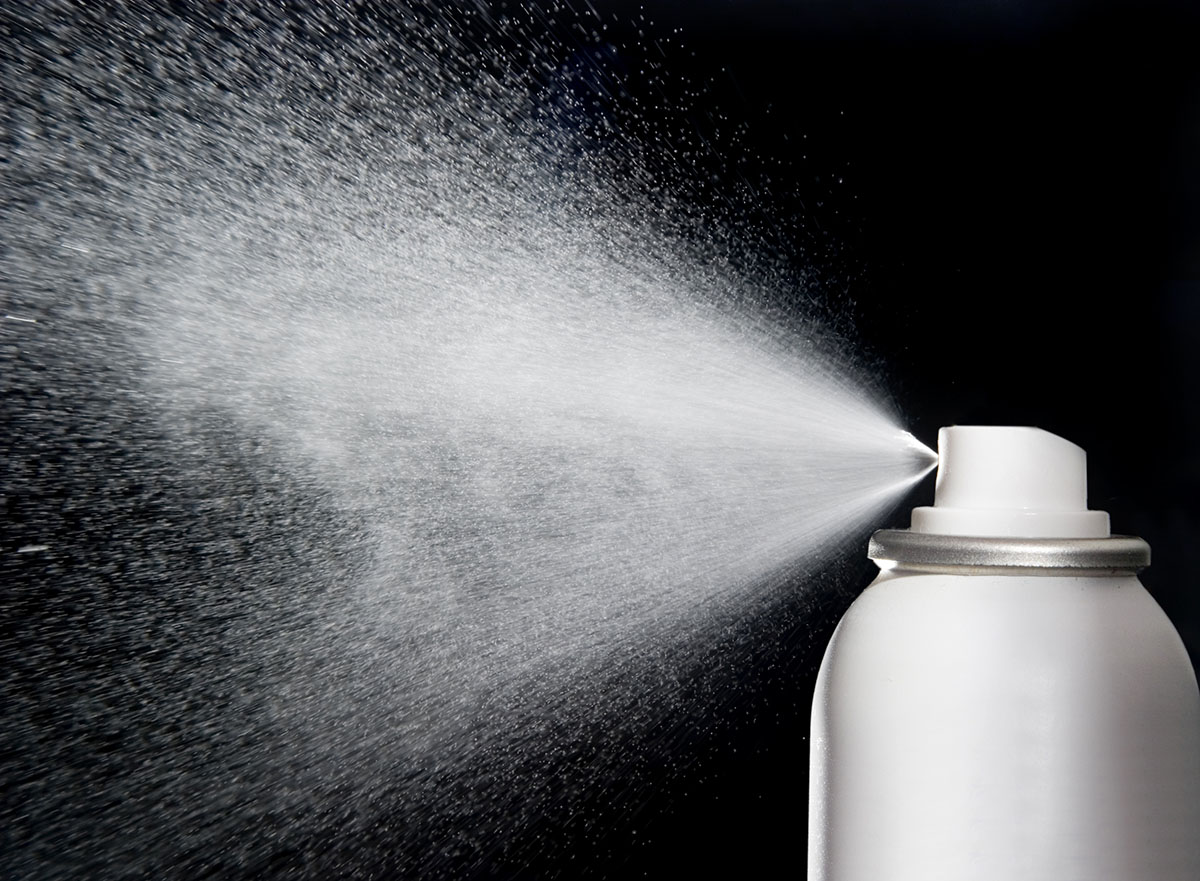

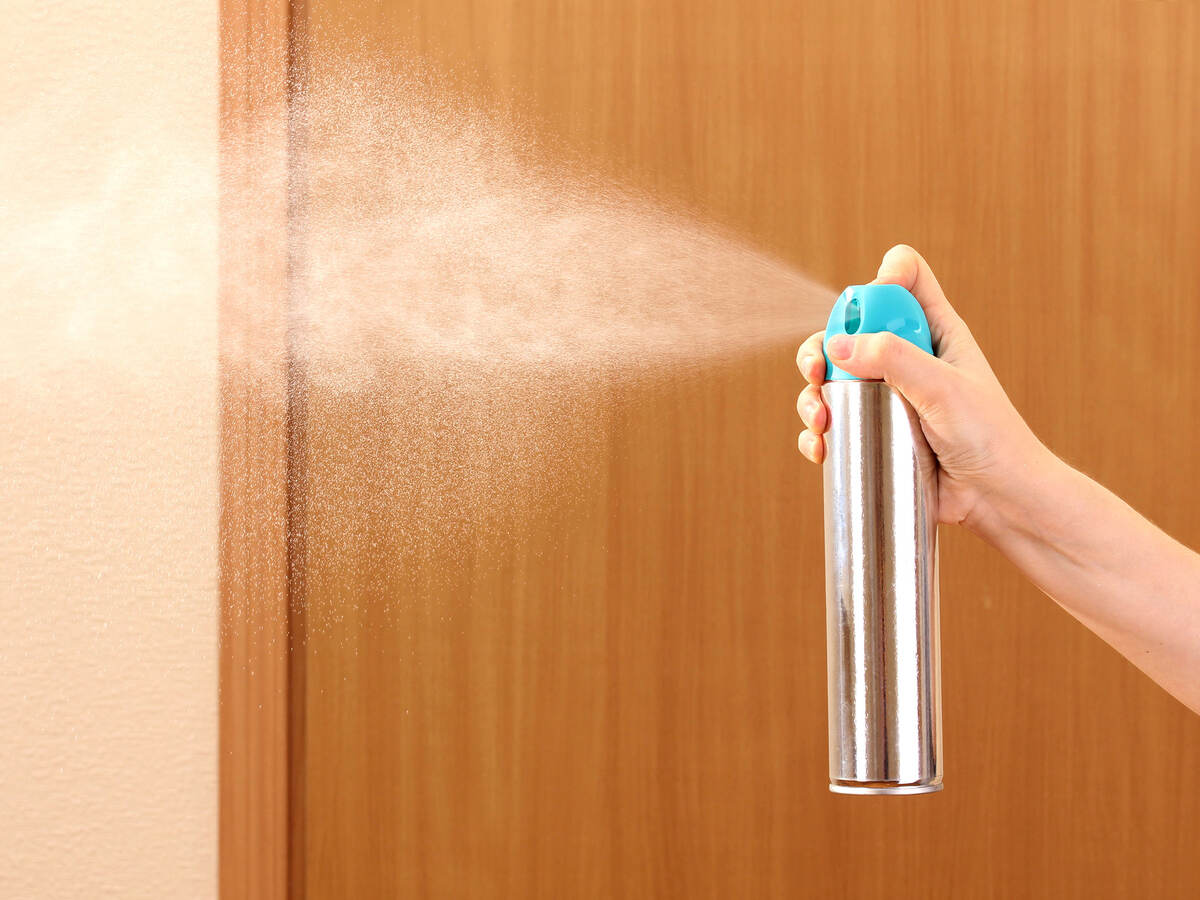

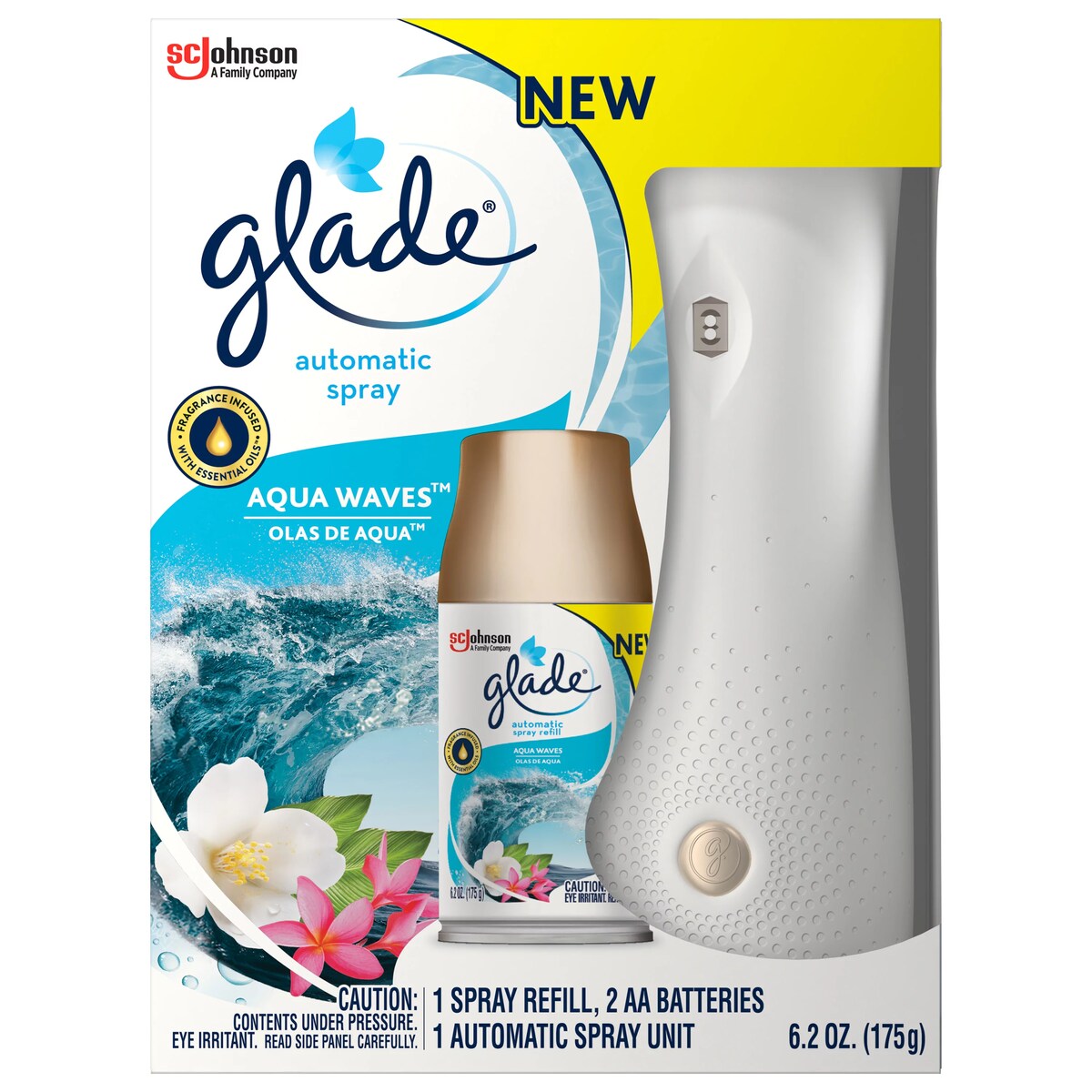

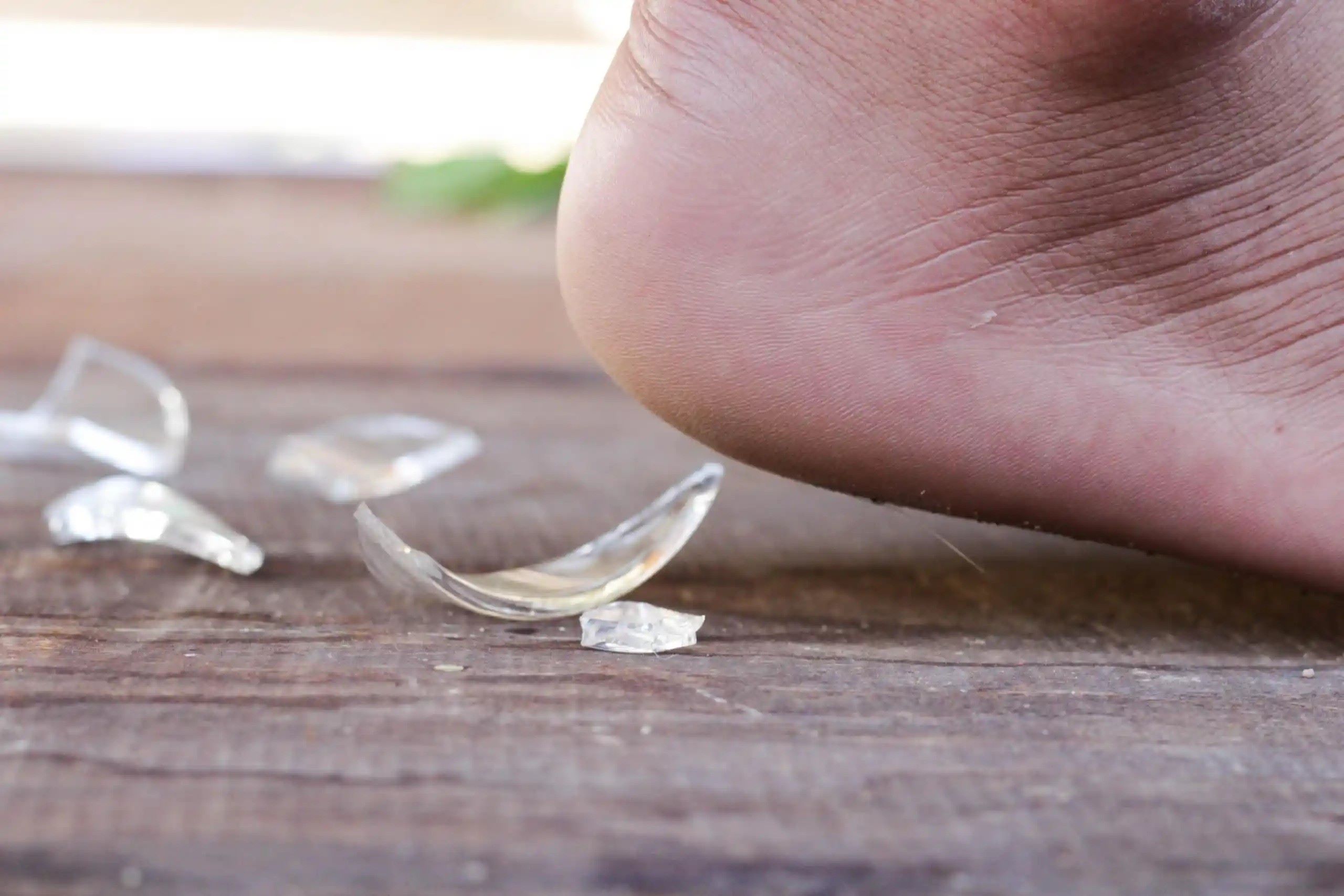


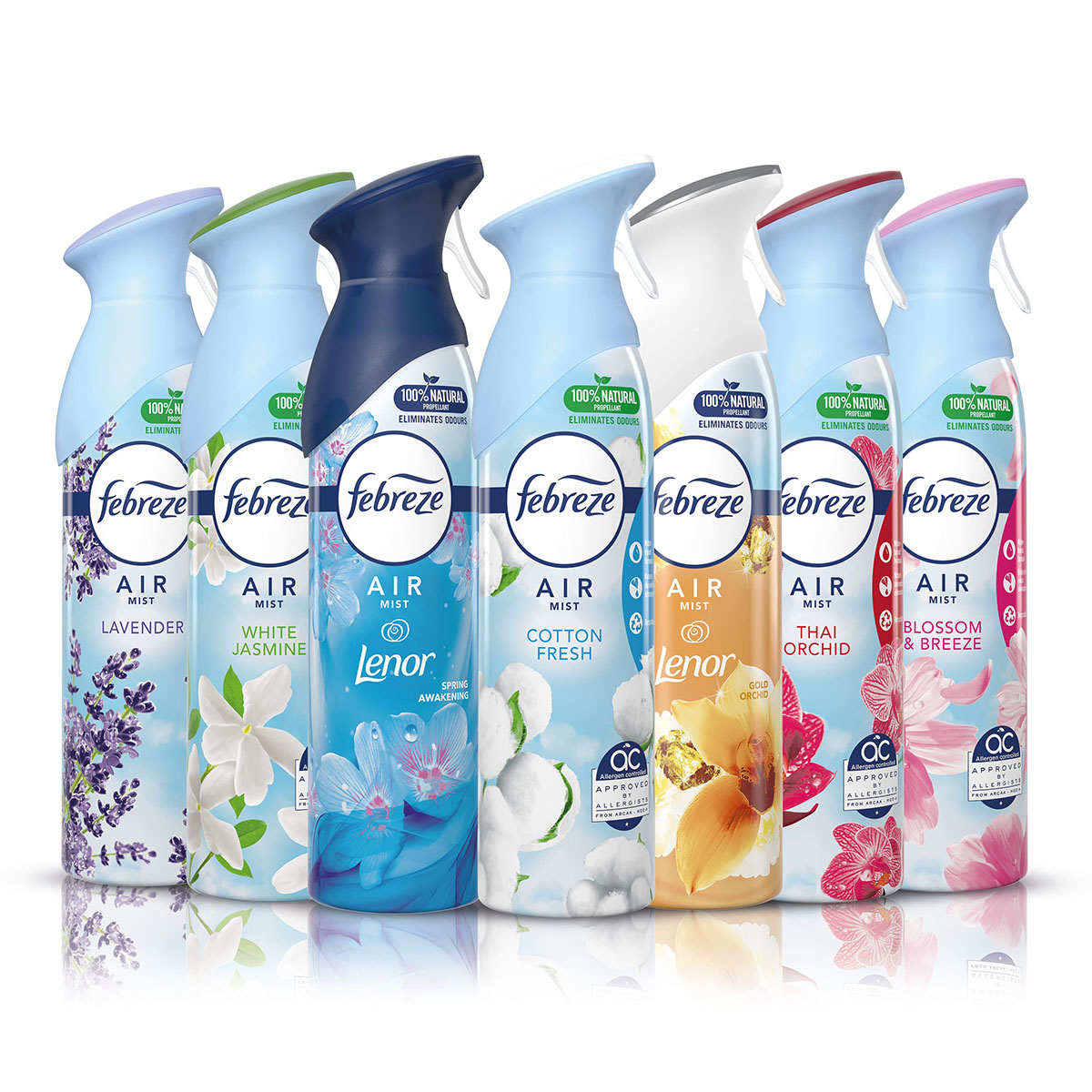

0 thoughts on “What Happens If You Spray Air Freshener In Your Mouth”